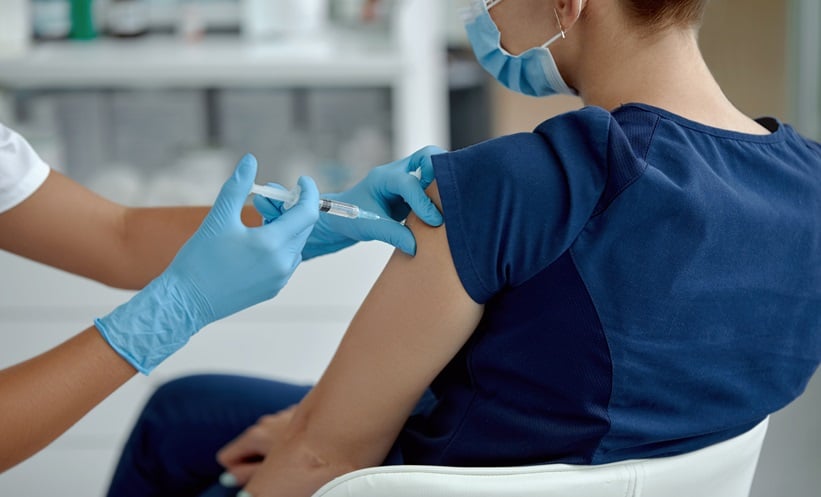COVID-19 vaccination is associated with a transient increase in the risk of myocarditis, pericarditis, extrasystoles, and transient ischemic attack, but complete vaccination significantly reduces the risk of more severe cardiovascular events, especially after the third dose.
Prior research has suggested that the COVID-19 vaccine may increase the risks of some cardiovascular events. In particular, myocarditis and pericarditis have been noted as very rare (<1/10 000) adverse events with the highest incidence observed in young males, primarily within 14 days, and potentially more common after the second dose. Current evidence on the link between the vaccine and other cardiovascular events is limited and inconsistent, therefore, researchers aimed to assess cardiovascular and cerebrovascular risks associated with COVID-19 vaccination with a nationwide register-based cohort study conducted within the SCIFI-PEARL (Swedish COVID-19 Investigation for Future Insights-a Population Epidemiology Approach using Register Linkage) project. By using a nationwide register-based cohort of 8,070,674 Swedish adults, the researchers examined the incidence of cardiovascular events such as heart failure, dysrhythmias, stroke, and myocardial infarction within several risk windows after the first, second, and third vaccine doses. Among the cohort, 88.5% received at least one dose, 86.9% at least two, and 67.9% three or more doses of COVID-19 vaccine.
Analysis with Cox regression models revealed a decrease in the risk of most cardiovascular events after vaccination, particularly after the third dose. Specifically, the risk of myopericarditis increased in the first week after dose one (HR: 1.59; 95% CI: 1.20–2.12) and remained elevated in the second week (HR: 1.43; 95% CI: 1.06–1.94). It was higher after the second dose (HR: 3.60; 95% CI: 2.94–4.40), with no effect after the third. Extrasystole risk increased slightly from dose one (HR: 1.17; 95% CI: 1.06–1.28) to dose two (HR 1.22; 95% CI: 1.10–1.36). Arrhythmia risks were attenuated, especially after dose three, and the risk was higher in older age groups, but similar between sexes and between different vaccine products.
On the other hand, the analysis showed that complete vaccination significantly reduces the risk of more severe cardiovascular events. The risk of myocardial infarction (HR: 0.81; 95% CI: 0.74–0.89) and heart failure (HR: 0.73; 95% CI: 0.69–0.78), decreased notably after the third dose, particularly in older age groups. Stroke risk also declined after the third dose (HR: 0.69; 95% CI: 0.63–0.74), with no significant differences between sexes or vaccine types, although AZD1222 showed slightly lower hazard ratios. Similar results were seen for ischemic and hemorrhagic strokes.
The findings suggest that despite a small, transient increase in the risk of certain cardiovascular events following COVID-19 vaccination, there is a benefit of full vaccination, particularly in reducing severe cardiovascular outcomes related to COVID-19, and this outweighs the risks. Clinicians should be aware of these rare adverse events but continue to emphasize the importance of complete vaccination, especially in vulnerable populations.
Katrina Thornber
Reference
Xu Y et al. Cardiovascular events following coronavirus disease 2019 vaccination in adults: a nationwide Swedish study. Eur Heart J. 2024;ehae639.








